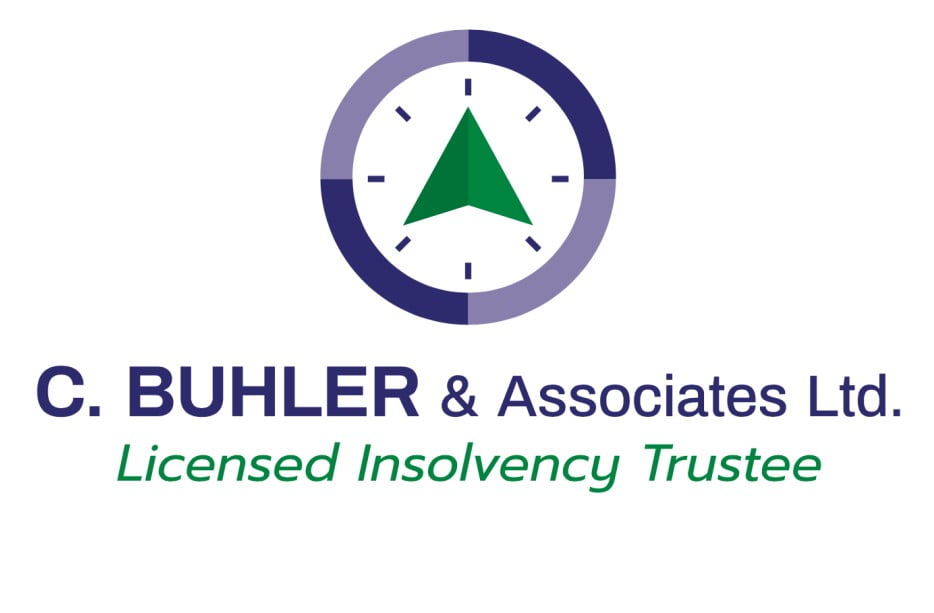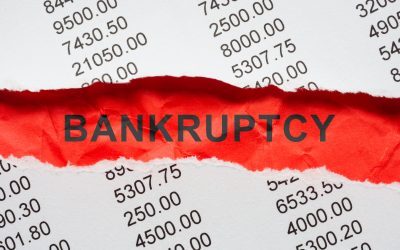You might be absolutely positive you don’t want to file for bankruptcy in Canada. But if that’s the case, be sure it’s for the right reasons. There are many preconceived notions about bankruptcy that might be deterring you from even considering bankruptcy as a financial option.
Only a Licensed Insolvency Trustee will know for sure what the impact on your financial situation will be if you file bankruptcy, but here are some common misconceptions about bankruptcy.
Bankruptcy Myth #1 – If I file bankruptcy, I’ll lose my house
Not always true. Several Canadian provinces have carved out generous exemptions which allow debtors to retain assets, including homes, during a bankruptcy. Having a good idea of what your house is worth, whether that is an opinion from a realtor or a recent appraisal, will help.
If you can provide your Licensed Insolvency Trustee with an idea of the value of the home, as well as the amount of mortgage outstanding against it, they will likely be able to advise if bankruptcy would impact your home.
Oftentimes, your mortgage is affordable – it’s just the other debts, like credit cards, that aren’t. Bankruptcy might be the perfect solution to reduce your debt to the lowest possible amount, while still being able to retain your assets.
Bankruptcy Myth #2 – If I file for bankruptcy, everyone will know
While it is true that some bankruptcies need to be advertised in the newspaper, they are few and far between. Most bankruptcies are a summary process, meaning they take place with little if any, public knowledge.
The federal government does maintain a database of names for persons who file bankruptcy, however, they currently charge $8.00 per search if a member of the public wishes to search the database.
The cost alone is enough to deter most searches. It is not mandatory for Trustees to advise any third parties other than your creditors and the Office of the Superintendent of Bankruptcy about your bankruptcy.
In fact, aside from any regulatory requirements, Trustees will treat your bankruptcy filing as confidential. Even your employer does not need to find out unless you don’t comply with your bankruptcy duties.
Bankruptcy Myth #3 –If I file for bankruptcy, I’m a failure
This is possibly the most damaging bankruptcy myth – the myth that one’s worth is somehow tied to their financial wellbeing. Bankruptcies happen for many reasons, most of which are personal to the individuals affected.
Bankruptcies can be brought about because of illness, job loss, divorce, family situations, downsizing, industry change, climbing interest rates, inability to get affordable credit – the list is endless! But ultimately the reason for your bankruptcy is as unique as you are.
We understand that financial difficulties can happen to anyone and that financial problems are a major source of stress. Rather than thinking of bankruptcy as a failure, consider it a financial “reset”. Sometimes, bankruptcy makes the most sense, given the situation.
Bankruptcy should be considered as a financial option in cases of high debt levels. Be sure to discuss your personal situation with a Licensed Insolvency Trustee, and don’t let preconceived notions deter you from considering all your financial options.





